February 3, 2021:
This month, the Big Ten Cancer Research Consortium highlights the Robert H. Lurie Comprehensive Cancer Center of Northwestern University as our featured member. Daniela Matei, MD, the Diana, Princess of Wales Professor of Cancer Research, professor of Hematology / Oncology and Gynecologic Oncology at Northwestern University Feinberg School of Medicine, and co-leader of the Translational Bridge Program at the Lurie Cancer Center, was featured in the story, “From Behind the Iron Curtain to a Career in Gynecologic Cancer Research,” in the ASCO Post.
Read the full story in the ASCO Post.
About the Big Ten Cancer Research Consortium: The Big Ten Cancer Research Consortium was created in 2013 to transform the conduct of cancer research through collaborative, hypothesis-driven, highly translational oncology trials that leverage the scientific and clinical expertise of Big Ten universities. The goal of the Big Ten Cancer Research Consortium is to create a unique team-research culture to drive science rapidly from ideas to new approaches to cancer treatment. Within this innovative environment, today’s research leaders collaborate with and mentor the research leaders of tomorrow with the unified goal of improving the lives of all patients with cancer.
About the Big Ten Conference: The Big Ten Conference is an association of world-class universities whose member institutions share a common mission of research, graduate, professional and undergraduate teaching and public service. Founded in 1896, the Big Ten has sustained a comprehensive set of shared practices and policies that enforce the priority of academics in the lives of students competing in intercollegiate athletics and emphasize the values of integrity, fairness and competitiveness. The broad-based programs of the 14 Big Ten institutions will provide over $200 million in direct financial support to more than 9,800 students for more than 11,000 participation opportunities on 350 teams in 42 different sports. The Big Ten sponsors 28 official conference sports, 14 for men and 14 for women, including the addition of men’s ice hockey and men’s and women’s lacrosse since 2013. For more information, visit www.bigten.org.
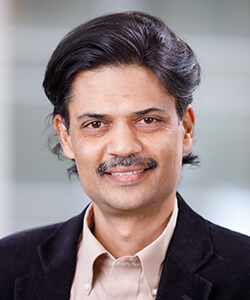
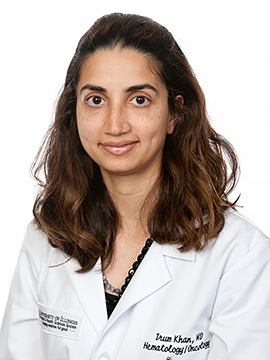
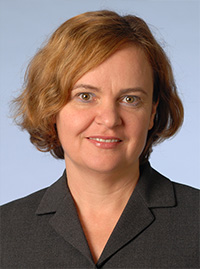
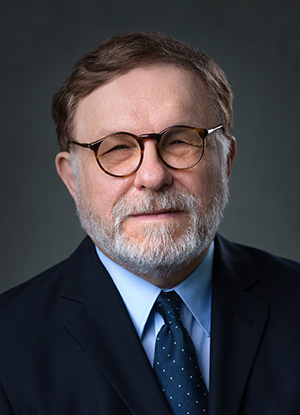 After more than 20 years in cancer research, Borys Hrinczenko, MD, PhD, sees a bright future. As a lung cancer specialist at the
After more than 20 years in cancer research, Borys Hrinczenko, MD, PhD, sees a bright future. As a lung cancer specialist at the 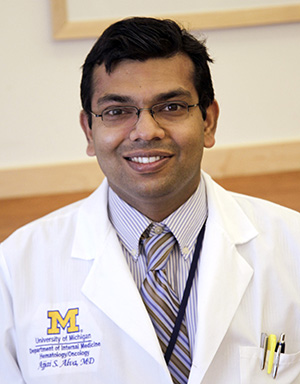 This month, the Big Ten Cancer Research Consortium highlights the
This month, the Big Ten Cancer Research Consortium highlights the 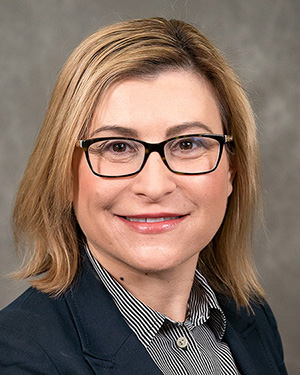 This month, the Big Ten Cancer Research Consortium highlights the
This month, the Big Ten Cancer Research Consortium highlights the 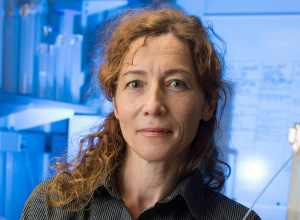
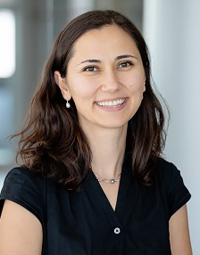
 As New Jersey’s only National Cancer Institute (NCI)-designated Comprehensive Cancer Center,
As New Jersey’s only National Cancer Institute (NCI)-designated Comprehensive Cancer Center, 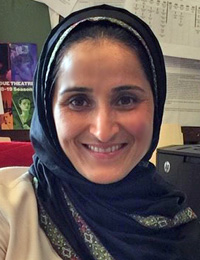














Subscribe to the Big Ten CRC Newsletter X
X Facebook
Facebook YouTube
YouTube